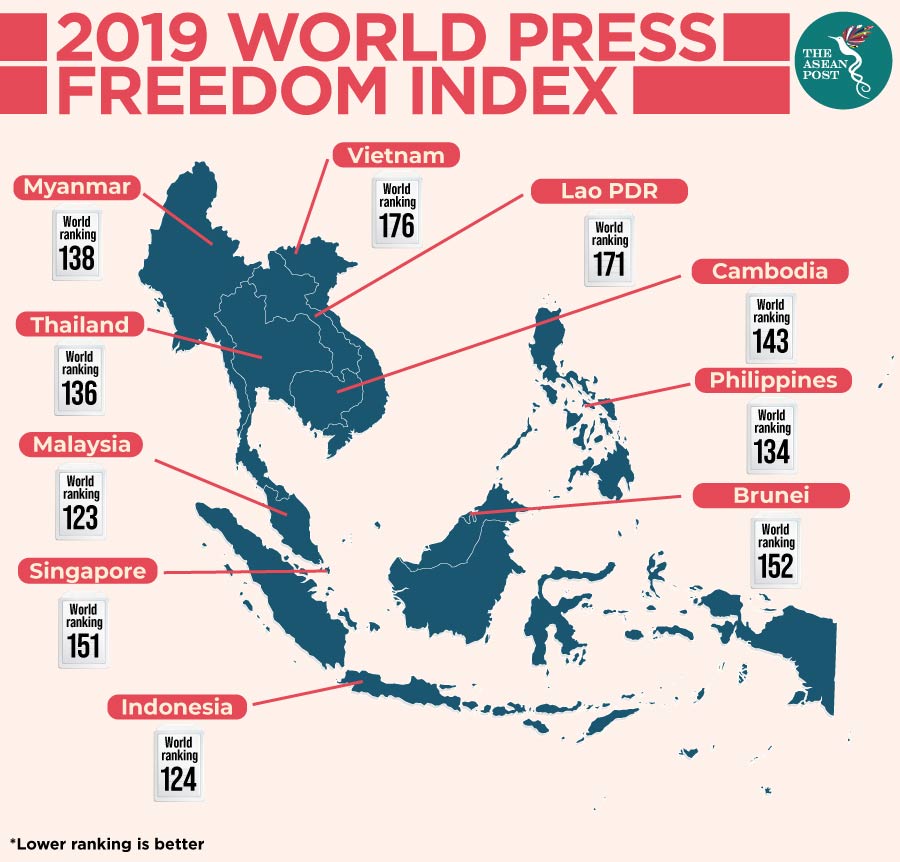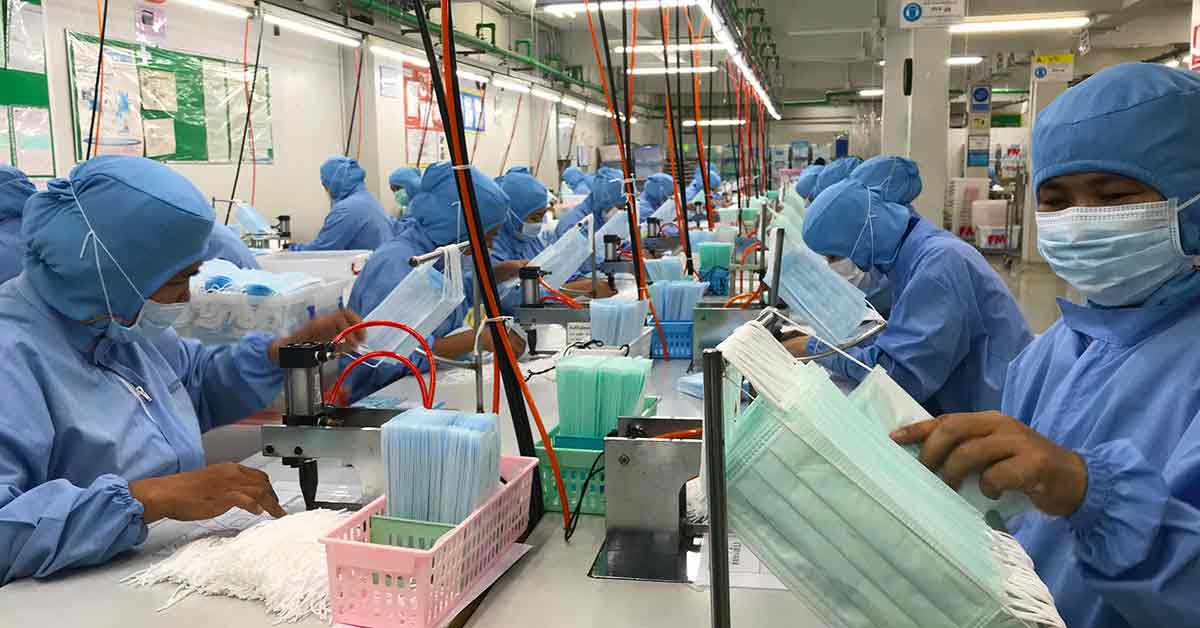The novel coronavirus isn’t the only thing spreading. It was recently reported that authorities in Thailand had arrested two people for posting "fake news" about the novel coronavirus as a senior official warned internet users last Thursday to “think twice” before sharing incorrect information about the disease.
Thailand’s Digital Economy Minister, Buddhipongse Punnakanta said the two were charged with violating the computer crimes act – which can carry a sentence of up to five years in prison – for separate social media posts about the severe acute respiratory syndrome (SARS)-like virus. The fake news posted consisted of a misleading video clip about the virus while the other promoted false information about an alleged novel coronavirus case in a beachside city.
"They already admitted that they created fake news," Buddhipongse said, adding that more suspects are being investigated and others should take note.
But the spread of fake news isn’t just in Thailand. Over in neighbouring Malaysia, four people were arrested on Wednesday and one on Tuesday for uploading false information about the novel coronavirus on social media.
On Thursday, Malaysia’s Home Minister, Muhyiddin Yassin was quoted by local news reports as reminding the public not to spread fake news about the virus, saying that authorities were actively pursuing offenders.
“This is not good for public order, that is why we take stern action,” he said.
The Malaysian government’s efforts to curb the spread of fake news has been criticised by the National Front (Barisan Nasional) – the country’s once-ruling coalition now turned opposition.
The reason for this criticism was because in October 2019, the current ruling coalition – the Coalition of Hope (Pakatan Harapan) – had repealed the Anti-Fake News Act 2018 (AFNA), a law installed by the National Front back when it was in power prior to the country’s historic 14th general election (GE14) which saw the coalition losing a general election for the first time in over 60 years.
Critics had claimed that the Anti-Fake News Act was designed to stifle dissent.
On Thursday, Muhyiddin, responded to critics from the National Front by saying that existing laws, such as the Penal Code and the Communications and Multimedia Act, both have provisions to deal with such offences.
It is important to note that Muhyiddin had also reportedly said the government may rethink its stance on the anti-fake news act following inaccurate reports being spread over the novel coronavirus.

Civil liberties
The region as a whole suffers from a lack of civil liberties such as freedom of expression, freedom of the press, and freedom to information. According to the Reporters Without Borders’ 2019 World Press Freedom Index, the best ASEAN performer in terms of freedom of the press is Malaysia, yet it still only ranks in 123rd spot among the 180 countries in the index.
Singapore received global criticism recently over the implementation and subsequent enforcement of its fake news law, known as the Protection from Online Falsehoods and Manipulation Act (POFMA).
Taking a closer look at Malaysia – ASEAN’s best performer – it should be noted that it’s 2019 rank was a huge jump compared to previous years. The installation of a new government and the promise of reforms, as well as the repeal of the AFNA, surely had something to do with the country’s ranking in 2018 (145th) and 2017 (144th).
Similar improvements can be observed in Thailand which was placed 136th in 2019, 140th in 2018, and 142nd in 2017. In Thailand’s case, the March 2019 general election took the country out of military rule for the first time since the military coup of 2014.
However, as the novel coronavirus and the fake news revolving around it continue to spread, it seems likely that governments like those of Thailand and Malaysia – which have been improving their civil liberties scores – will be forced to tighten up. This is understandable as fake news not only could spread panic, but can also lead to the public acting irrationally – the deadly mob lynching incidents in India come to mind.
It would seem that it is the public – and not the government – that needs to ensure that it is careful in what it chooses to share over social media this time, lest governments begin limiting – and possibly cutting off – the freedoms which all of us hold so dearly.
Related articles:
